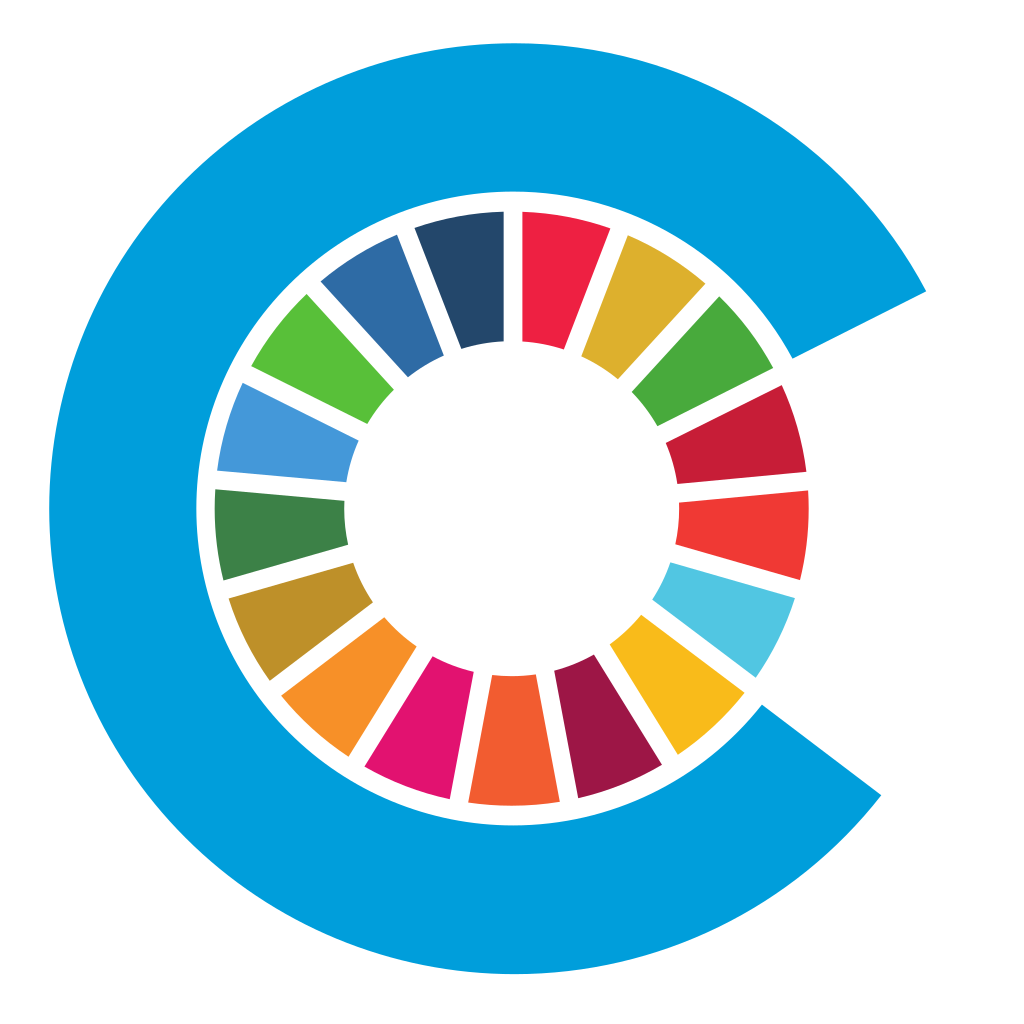#CultureForSDGs TOOLKIT
We want to ensure that Canada’s culture sector is on the frontlines and plays a full role in helping the world to realize the 2030 Agenda
Use this Toolkit to embrace the SDGs, support your communities, and participate in the work to improve quality of life for current and future generations in our rapidly shifting world.
DOWNLOAD THE TOOLKIT (EN)

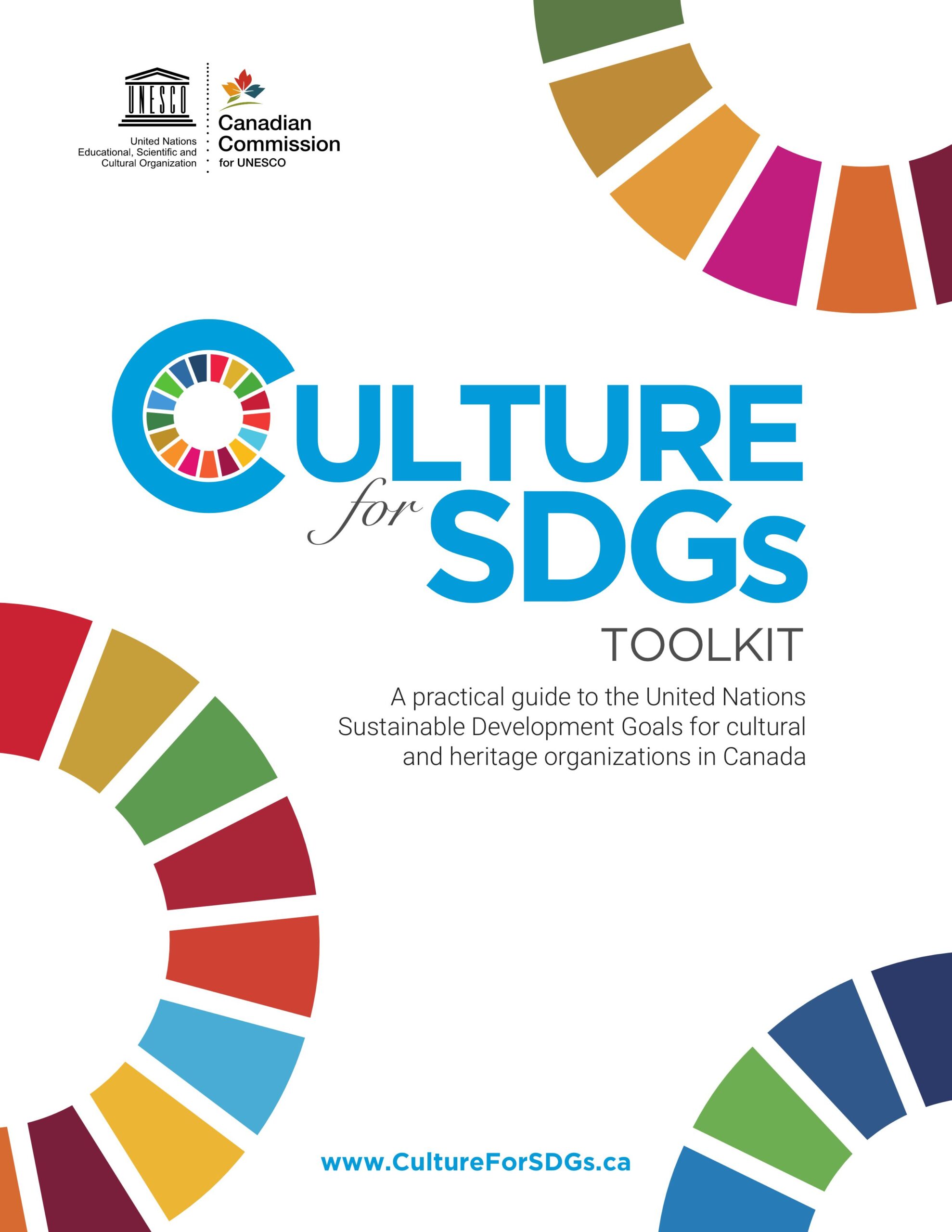
Who Is This Toolkit For?
We developed this #CultureForSDGs Toolkit specifically to encourage cultural and heritage organizations in Canada to advance the SDGs. It offers information and tips for how to implement the SDGs into your organization and align your work with the SDGs framework.
The Toolkit has three purposes:
It provides practical examples, ideas and tips that cultural organizations can use to align their work with the SDGs, including a road map to help them deepen their impact.
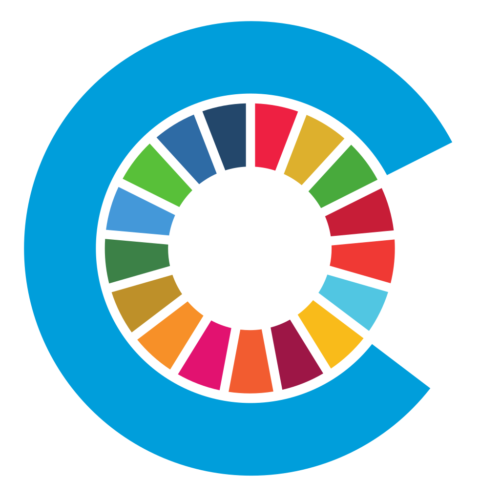
Providing a Road Map
It encourages cultural organizations to continuously assess their own awareness of the SDGs and to stimulate creative and innovative ways to integrate and meet them.
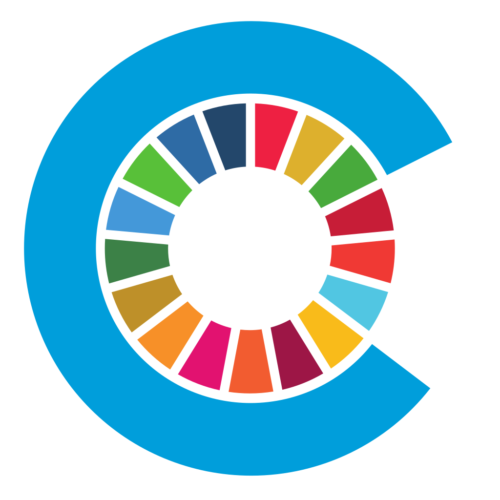
Raising Awareness
Our online repository aims to identify and collect emerging practices in cultural and heritage organizations across Canada and share practices that integrate the SDGs.
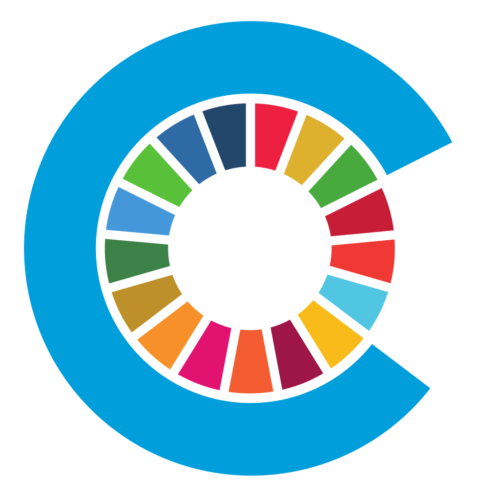
Sharing Practices
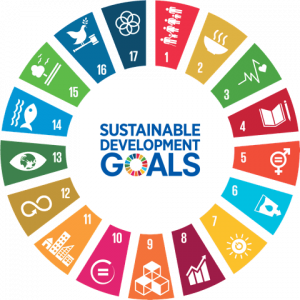
A CULTURE ROAD MAP
Exploring the road map will help your organization assess its alignment with the SDGs, inspire new ways of thinking and new paths to action, and create forums with internal and external stakeholders to share stories and make a greater impact.
TALK
Start a conversation internally about the role your organization should play in advancing the SDGs and what each member should focus on.
LOOK
Check for obvious intersections with the SDGs to identify how your organization may already be working toward one or more of them.
CONNECT
Connect with your community partners and external stakeholders to explore possibilities and involve them in the process.
7
SELECTED GOALS
18
SELECTED TARGETS
43
PRACTICAL ACTIONS
Canada and the SDGs
Reconciliation in Canada and Global Goals
The creativity and participation needed to ensure that Canada reaches its targets hinges on diversity in the SDG implementation process at all levels, beyond just consultations.



CULTURE AND THE GLOBAL GOALS
Cultural and heritage organizations across Canada
have a vital role to play in addressing the planet’s greatest challenges and creating a sustainable future
CULTURE AS A HUMAN RIGHT
A large part of this commitment involves respecting, protecting and promoting the cultural rights of all persons and aspiring to greater solidarity based on the recognition of cultural diversity.
No development can be sustainable without taking culture into account
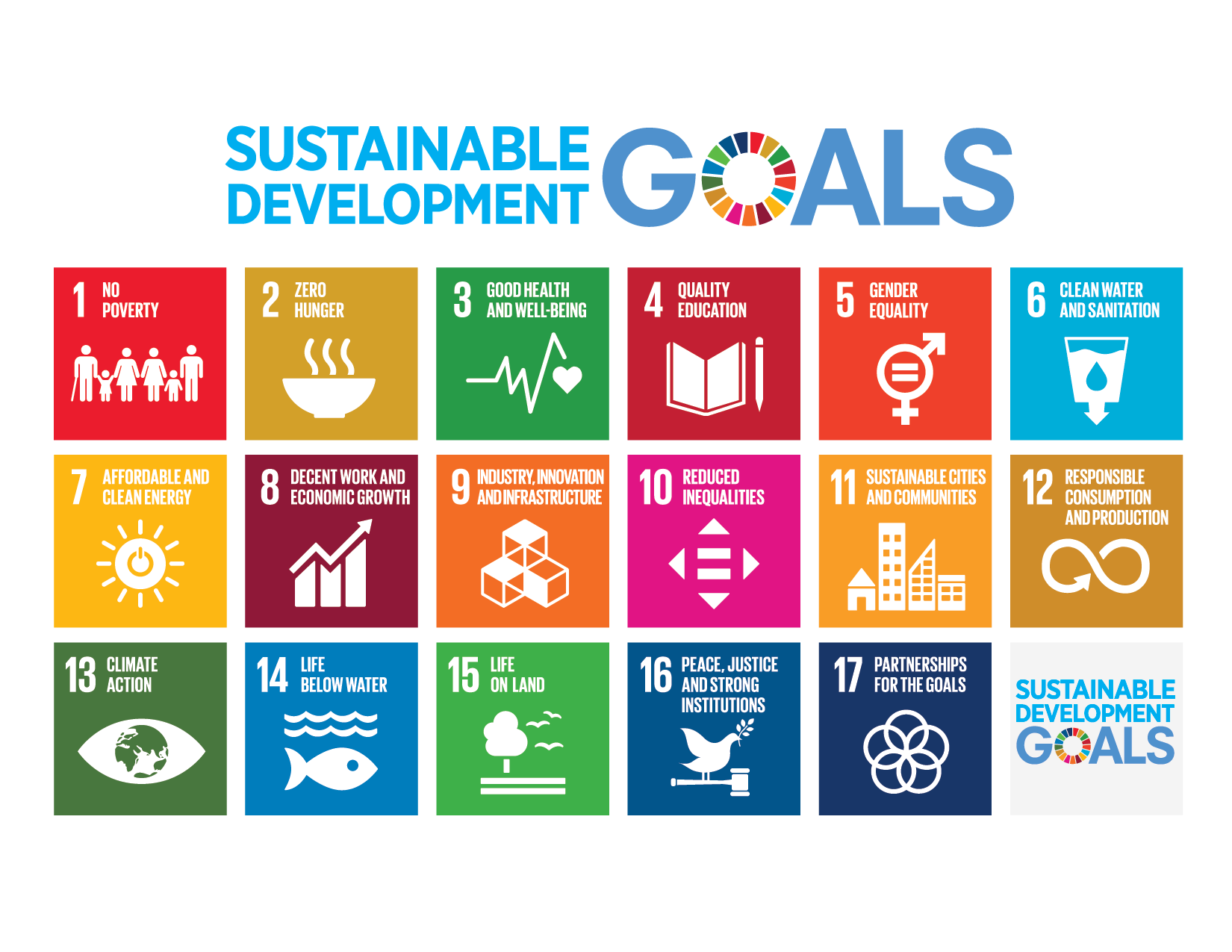
Aligning Your Organization With the SDGs
We selected some of the 17 SDGs to help you understand why culture is relevant and how you can make effective connections to the Goals at the local level.
There are many points of intersection with the SDGs in cultural sector work, and many options for cultural and heritage organizations that are keen to deepen their engagement with the Goals.
Culture for
Quality Education
Goal #4: Ensure inclusive and equitable quality education and promote lifelong learning opportunities for all.
Educational programs at all levels need to integrate content related to cultural diversity, arts education, languages and the role of cultural aspects in sustainable development.
Culture for
Sustainable Economic Growth
Goal #8: Promote sustained, inclusive and sustainable economic growth, full and productive employment and decent work for all.
The cultural and creative sectors can be areas for inclusive, sustainable and fair employment. Cultural initiatives support the development of sustainable tourism, which can stimulate a wide range of benefits to the culture sector, local and international communities, and the environment.
Culture for
Equity and Social Inclusion
Goal #10: Reduce inequality within and among countries.
Cultural participation can catalyze empowerment and promote the inclusion of all people, irrespective of age, sex, disability, race, ethnicity, origin, religion or economic or other status.
Culture for
Sustainable Cities and Communities
Goal #11: Make cities and human settlements inclusive, safe, resilient and sustainable.
Cultural aspects are fundamental to fostering sustainable development in cities and communities. Many relevant sites and elements of tangible and intangible cultural heritage are found in cities and play a role in this.
Culture for
Sustainable Consumption
Goal #12: Ensure sustainable consumption and production patterns.
Culture can foster awareness of sustainable production and consumption patterns, the sustainable and efficient management and use of natural resources, the reduction of waste, and sustainable behaviours and practices.
Culture for
Climate Action
Goal #13: Take urgent action to combat climate change and its impacts.
Links exist between cultural activities, traditional knowledge, and environmentally-sustainable practices, which should be explored and fostered. Creative professionals can be involved in awareness- raising activities on climate change.
Culture for
Peaceful and Inclusive Societies
Goal #16: Promote peaceful and inclusive societies for sustainable development, provide access to justice for all and build effective, accountable and inclusive institutions at all levels.
Cultural assets should be returned to the communities from which they have been stolen. Citizens should be encouraged to participate in designing and implementing cultural policies and programs. Strategies aimed at alleviating violence and promoting peace should include a cultural component.
Community In Action
Get involved! Become part of the network of cultural and heritage organizations that are charting the way forward, and encourage others in the culture sector to do the same.
#CultureForSDGs Community In Action gives you a way to exchange information, keep in touch, work in partnership and get involved in a community-building exercise to advance the SDGs.
Share your practice and inspire others!

#CultureForSDGs Community In Action
Get involved!
2030 AGENDA
The Decade of Action
The 2030 deadline is looming, and although some progress has been made, it has not happened at the speed and scale needed to achieve the Goals. The current decade has been named the Decade of Action to accelerate progress.
The Global Goals are a call to action, and every one of us has a role to play to build a more sustainable future.
All of the core principles of the SDGs can be applied using the lens of local-level action. Cultural and heritage organizations have an important role to play at this level, especially as conveners and partners.
The CCUnesco Working Group
In October 2019, the Canadian Commission for UNESCO and the Canada Council for the Arts convened a roundtable to explore the role of culture in the 2030 Agenda in Canada. National leaders and players who support UNESCO’s culture sector in Canada gathered to tackle questions about how the sector can contribute to a sustainable future.
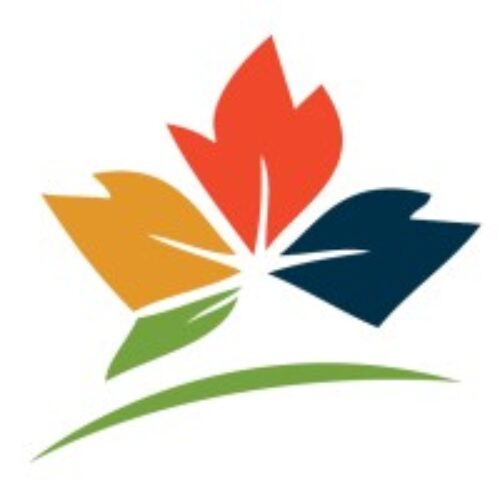
Canadian Commission for UNESCO
https://en.ccunesco.ca
The Canadian Commission for UNESCO (CCUNESCO) helps Canadians share knowledge locally and globally in order to create better societies and build peace in the minds of men and women. To do so, the Commission facilitates cooperation in the fields of education, science, culture, communication and information to address some of the most complex challenges facing the world today. With its initiatives and networks, CCUNESCO supports the United Nations 2030 Agenda for Sustainable Development and other UNESCO priorities. The Commission operates under the authority of the Canada Council for the Arts.
#CultureForSDGs
This toolkit was prepared for the Canadian Commission for UNESCO by Paolo Granata as the result of a collaborative effort involving the Working Group on Culture and the 2030 Agenda for Sustainable Development, working together over a two year period from 2020-2022.
